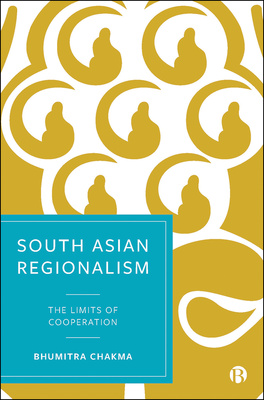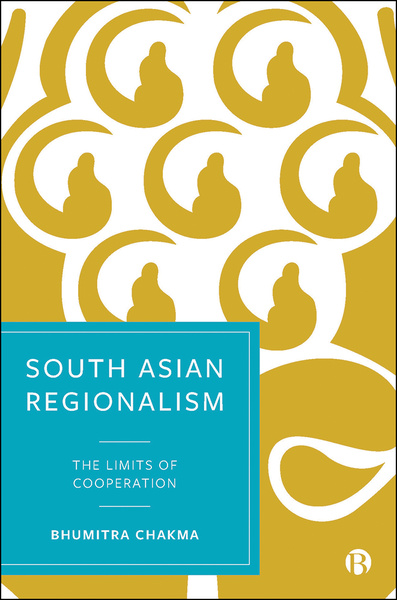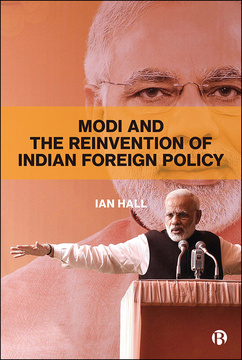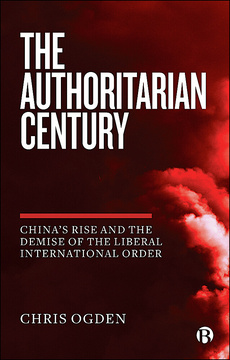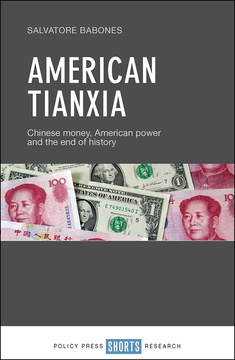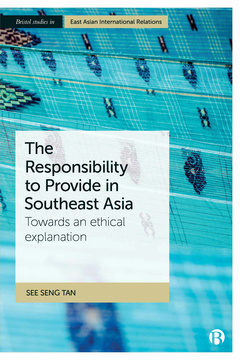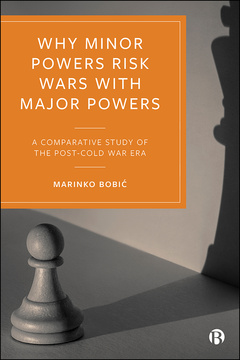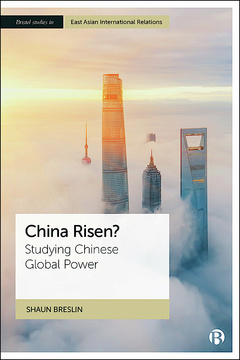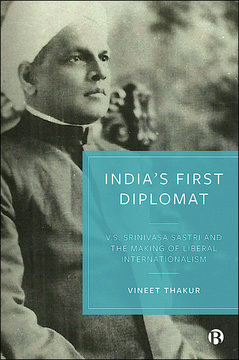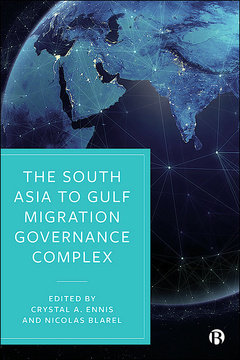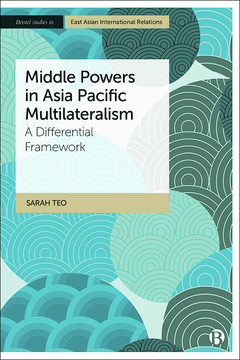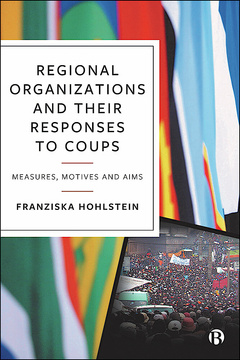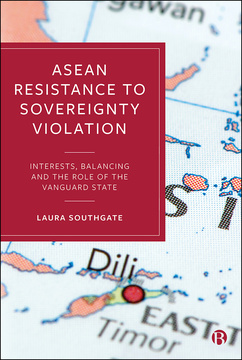Published
Jul 22, 2020Page count
250 pagesISBN
978-1529205152Dimensions
234 x 156 mmImprint
Bristol University PressPublished
Jul 22, 2020Page count
250 pagesISBN
978-1529205176Dimensions
Imprint
Bristol University PressPublished
Jul 22, 2020Page count
250 pagesISBN
978-1529205176Dimensions
Imprint
Bristol University PressLeading South Asia expert Bhumitra Chakma explains the politics of regionalism in South Asia and traces the origins and evolution of the South Asian Association for Regional Cooperation (SAARC) from its inception to the present day.
He takes an International Relations perspective and engages three major IR theoretical approaches – neorealism, institutionalism and constructivism – to explain the complex dynamics of South Asian regionalism.
Using comparative perspectives based on the experiences of similar regional organizations, the author provides an in-depth analysis of the challenges of cooperation in the region and explores how progress might be made in the future.
Bhumitra Chakma is Senior Lecturer and Director of the South Asia Project at the University of Hull.
Introduction
South Asia’s International Relations: A Historical Overview
The Idea of South Asia as a Region
The Origins of SAARC
The Formative Years: 1980–92
SAARC after 1992: Disagreements and Differences
Beyond SAARC: Sub-Regional and Trans-Regional Cooperation
SAARC and the Limits of Cooperation in South Asia
International Relations Theory and South Asian Regionalism
Conclusion







